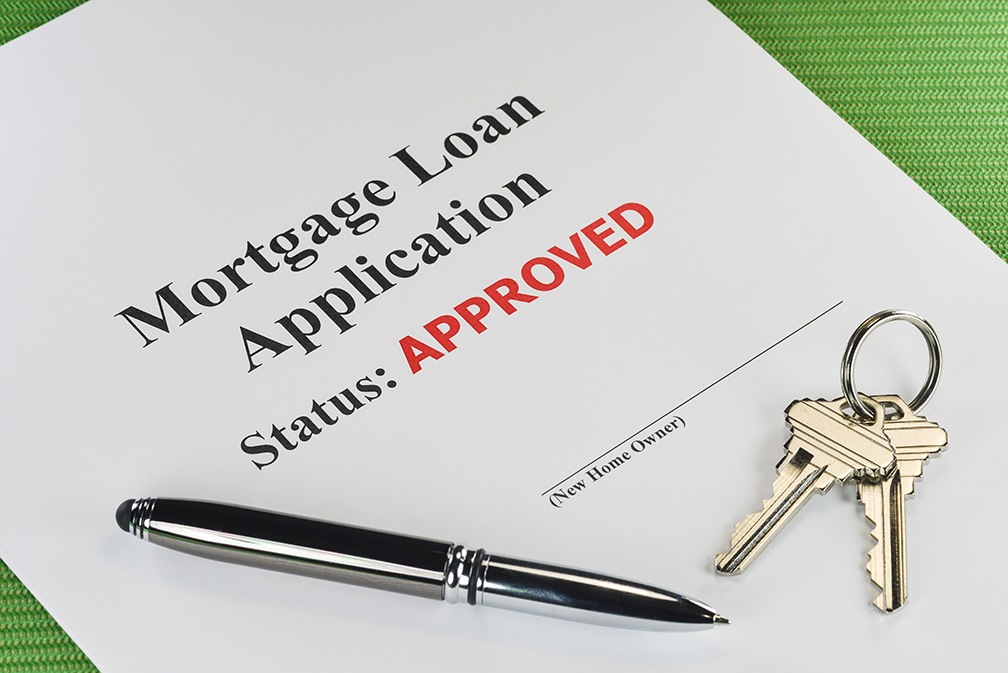Speed up Your Mortgage Closing Process With This Handy Four-step Guide
 Are you in the market for a new house or apartment? If you are financing the purchase by taking out a mortgage, you’ll want to know how to make this transaction run as smooth as possible. In today’s article, we’ll share a quick four-step guide to speeding up the mortgage closing process.
Are you in the market for a new house or apartment? If you are financing the purchase by taking out a mortgage, you’ll want to know how to make this transaction run as smooth as possible. In today’s article, we’ll share a quick four-step guide to speeding up the mortgage closing process.
Step #1: Check In On Your Credit Score
The first step before applying for your mortgage is to check in on your credit. Request a copy of your credit score and history from one of the major reporting firms. Go over this report, paying close attention to any old or outstanding items that you may have already dealt with. Many individuals have old delinquencies that must be challenged to be removed from the report, so take care of these first before applying.
Step #2: Have All Your Documents Prepared
As with any loan, taking out a mortgage requires a small mountain of paperwork. The best way to speed this process up is to have all of your financial documentation ready for inspection and use by the lender.
Note that each mortgage provider has different requirements for what you’ll need. A brief list of some items which are commonly requested includes your current employment details, recent pay stubs, recent W-2 forms or tax returns, proof of self-employment or other means of income, asset details such as bank accounts and investments and debt information such as other mortgages, student loans and more.
Step #3: Have An Offer Ready
If you have already settled on the home that you want to buy, it’s best to get your offer prepared in advance of being fully approved for mortgage financing. Your real estate agent will be able to help with crafting an offer that is subject to the home passing an inspection. It’s especially important to have an offer ready in the event that other buyers are competing for the same home that you are.
Step #4: Get The Inspection Finished Promptly
While your lender is completing the home appraisal process, you should be having the home inspected. Getting the inspection completed promptly will prevent any delays due to problem areas that might be uncovered. For example, a pest problem like termites may need to be dealt with, or minor repairs to the roof structure may need to be scheduled.
Following the steps above will help to ensure that your mortgage closing process goes as smoothly as possible. To learn more about your mortgage options or to get the pre-approval process started, contact us today. Our friendly mortgage professionals are happy to assist.
 Have you been considering a mortgage for your next home purchase? As with any loan or financial product, there are a variety of fees and costs you may incur in the process of closing your mortgage. In today’s post, we’ll explore a few of these potential fees and the situations in which you may encounter them. Let’s get started!
Have you been considering a mortgage for your next home purchase? As with any loan or financial product, there are a variety of fees and costs you may incur in the process of closing your mortgage. In today’s post, we’ll explore a few of these potential fees and the situations in which you may encounter them. Let’s get started! Are you in the market for a new home? If you are going to rely on mortgage financing to cover some of the purchase cost, you will need to start the application process as soon as possible. However, what if you just need to know how much you will be able to borrow so you can start finding homes in your price range?
Are you in the market for a new home? If you are going to rely on mortgage financing to cover some of the purchase cost, you will need to start the application process as soon as possible. However, what if you just need to know how much you will be able to borrow so you can start finding homes in your price range?